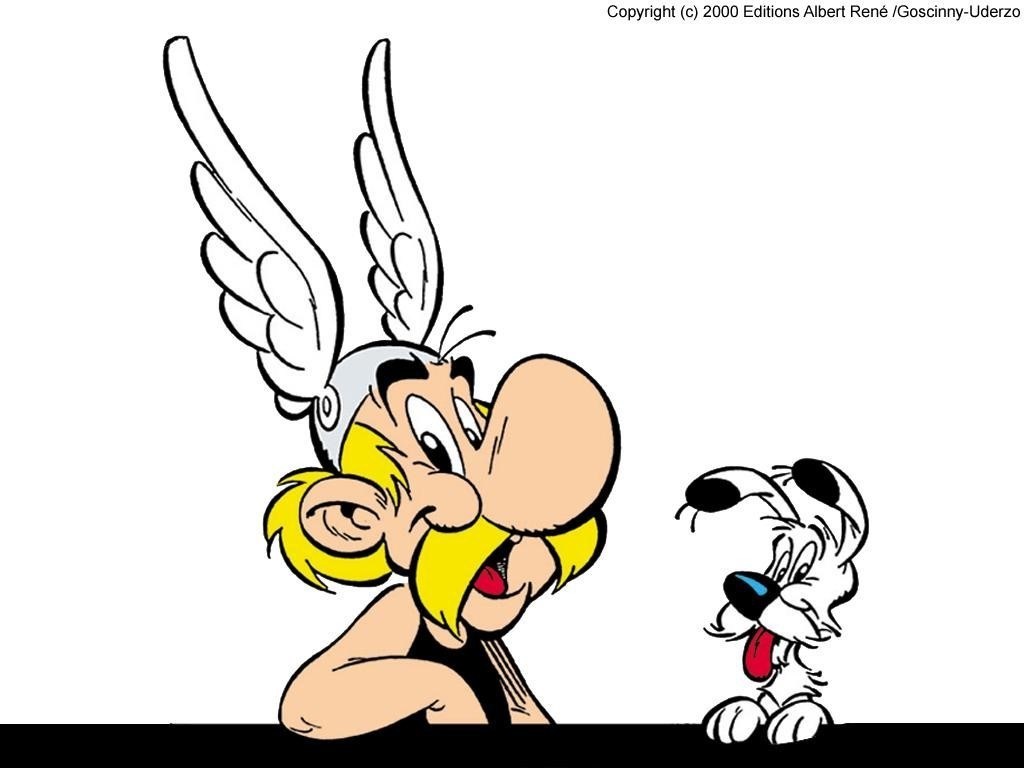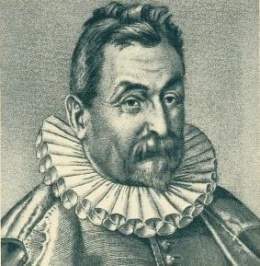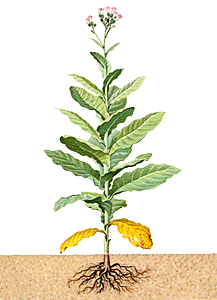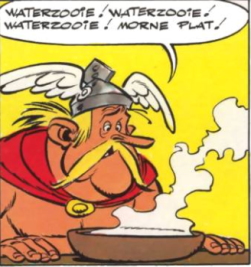
posted by Catriona Seth
(Continued from last week’s post.)
The best known poem in English about Waterloo is certainly Lord Byron’s ‘Eve of Waterloo’ from Childe Harold’s Pilgrimage. Three allusions that I have noticed in the translation of Astérix chez les Belges refer to this poem (there may be others I have missed.) Let me point just one of them out[1]. It is the caption the English translators give to a full page illustration of festivities which is a visual pun on a painting by Breughel: ‘There was a sound of revelry by night’. This is the first line of ‘The Eve of Waterloo’ so they are bringing in a famous poetic allusion to the battle which English-speaking readers might recognise, in the same way as the francophones will hopefully have picked up the reference to Victor Hugo.
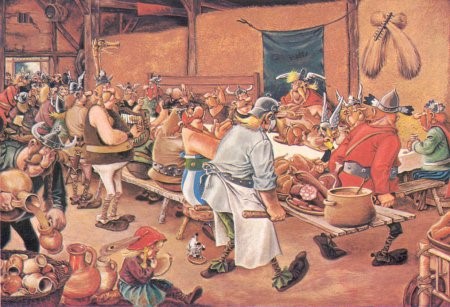
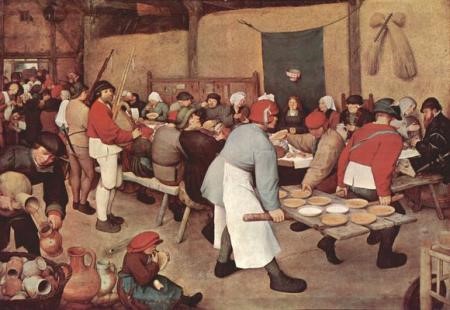
One of the great strengths of the Asterix series is that there is something for everyone, from the highbrow Waterloo poetry puns to the franglais names of the self-explanatory Zebigbos or of a village maiden called Iélosubmarine in honour of the Beatles song. You do not need to get them all to enjoy a good read, but everything you pick up draws you a little further in. The more you read them, in a sense, the funnier they are. So… if you want something instructive and fun to read, go for the French version of any one of the 36 albums which recount ‘les aventures d’Astérix le Gaulois’ or compare the original and the English translation: you will be in for a fun, stimulating and thought-provoking treat.
[1] The others, for curious minds, are ‘Nearer, clearer, deadlier than before…’ and ‘On with the dance. Let joy be unconfined.’

